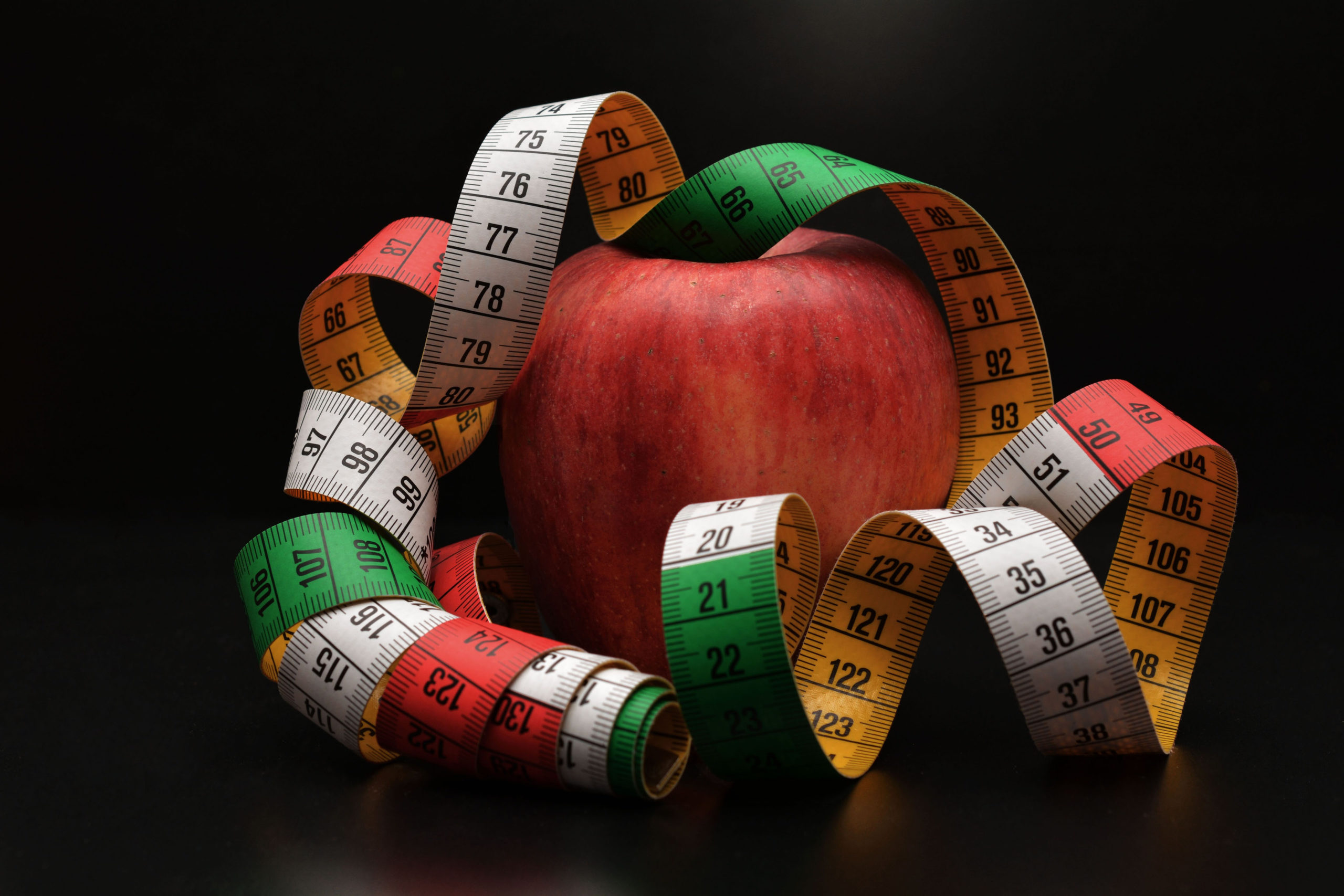By Isabella Sorresso
Last week we debunked three common food myths about shopping the perimeter, frozen vs. fresh produce and why we crave certain foods. This week we’re bringing you two more. Though dieting trends seem to pop out of nowhere and have reliable enough backing, a lot of it is all talk. Don’t just believe dieting tips because they sound right, know the facts and live a truly healthy life!
Eating Fat Makes You Fat
For years we’ve heard that “eating fat makes you fat,” and sticking to a low-fat diet is the way to go. Today we’re setting the record straight. Exclusively eating a low-fat, high-carb diet can actually have adverse effects than the weight-loss effects you’re most likely hoping for. Not all calories are broken down the same once you eat them and while you may be eating loads of sugars and refined carbs (aka. white bread, white rice, sodas, pastas, etc.) to fill up, you can actually convince your body that it’s starving. When you eat sugars and carbs, your blood sugar goes up causes an increase in insulin – a fat storing hormone. Due to the release in insulin, your body thinks it’s starving which triggers you to be hungry and can lead to overeating, more fat storage and the potential of gaining even more weight. In studies using brain imaging to evaluate brain function, scientists found that eating healthy fat actually shuts off your brain’s hunger and craving centers. Eating healthy fats can also improve things like food intake, taste preferences and even your metabolism. So grab an avocado or a handful of raw almonds and enjoy a healthy, fat packed snack!
Eating Frequent Meals Creates Better Metabolism
In the past, eating smaller meals more frequently was promoted as a way to speed up your metabolism, but now we know better. Though there are some benefits to eating small, frequent meals like curbing your appetite, sticking to this type of diet will not lead to a significant change in your metabolism or burn more calories than you were before. It does not matter how many meals you eat, but the type of meals you eat. If you’re eating the same amount of calories, but broken up into six meals a day rather than three, then your body will see no difference because you’re still burning the same amount of calories. The frequency at which you eat can make a slight difference, but not more of a difference than monitoring what kinds of food you’re putting into your body and at what portion size.

